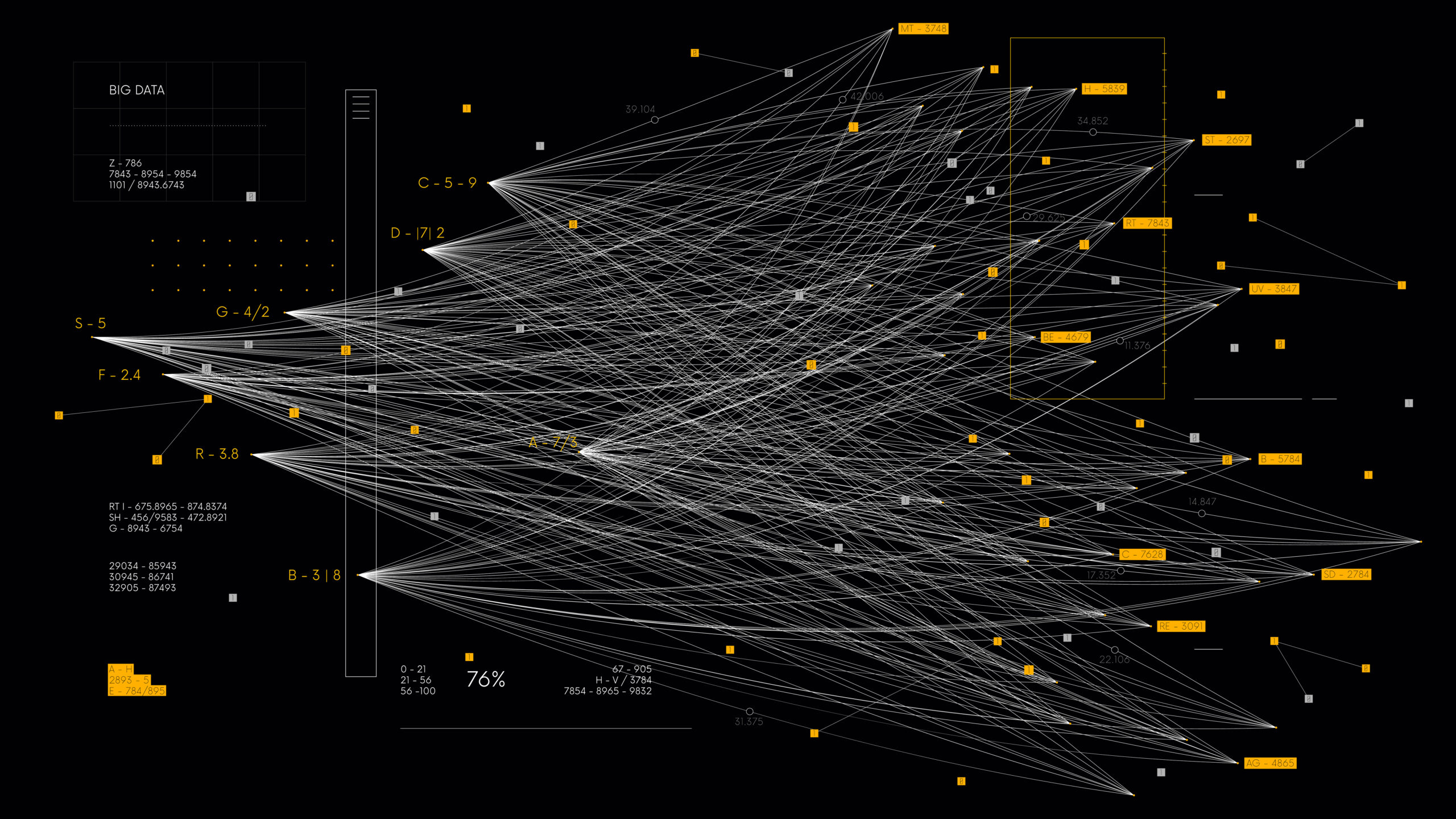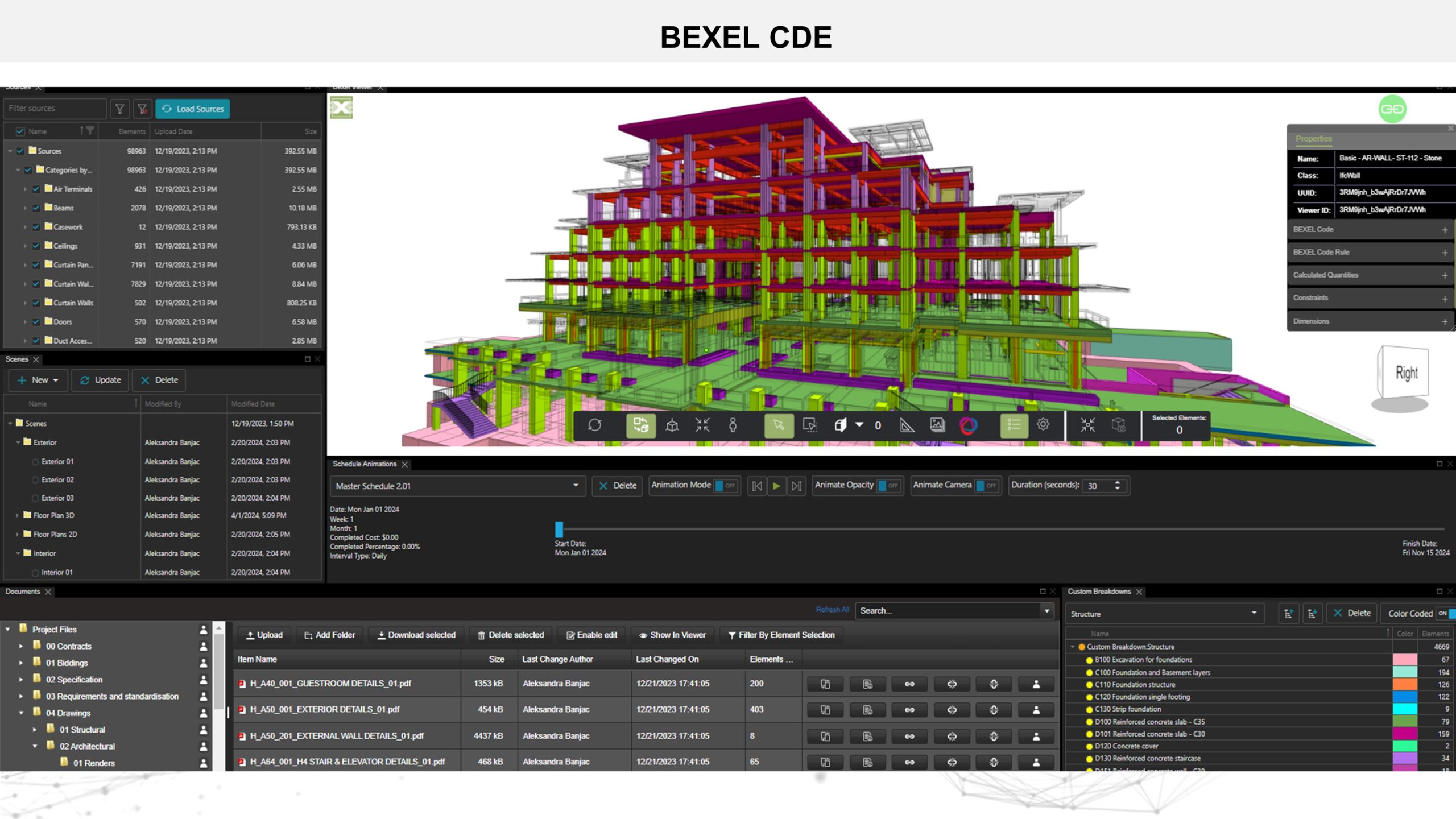Existing
workflows, when we are talking about the construction industry, are facing several
challenges. Today there is noticed effort from different project stakeholders
to enhance these workflows and their processes. The acceptance of these
improvements varies depending on the country or region. Nonetheless, it is
widely acknowledged that embracing digital transformation, leveraging technology,
optimizing processes, and fostering cultural change in this field are essential
components of a modern approach within the construction sector.
The integration
of digital tools and emerging technologies within the construction sector may
encounter resistance from various project stakeholders. Overcoming barriers
such as the perceived complexity and additional costs associated with adoption
requires investments in training, change management, and a general willingness
to embrace innovation. Inconsistencies and inefficiencies arise due to the lack
of standardization in processes and data formats. Addressing this challenge
involves adopting common industry standards and implementing interoperable
technologies. BEXEL offers digital transformation services and helps in
adopting modern BIM tools in achieving successful overall construction project
execution through all project stages.
Data management
represents another significant hurdle in construction projects, especially
including all project phases. A huge amount of data is typically generated,
often stored in isolated silos within different departments, impeding effective
access, sharing, and collaboration among project stakeholders. Moreover, manual
processes persist, leading to inefficiencies, delays, and human errors.
Automating these processes, and digitalization of data of course, are the
imperative to enhance accuracy and streamline operations. BEXEL Manager is a
BIM management platform which relay on automation of the processes, where BIM
model in a center of them, representing huge database of information one
project include.
The absence of a
centralized communication platform further exacerbates the issue, resulting in
fragmented communication among project stakeholders. Establishing a unified
communication platform can significantly improve coordination and
collaboration, thereby enhancing project outcomes. A common data environment is
also the solution.
Different data types that are mostly present within all project stages are also a challenge in existing workflows. The imperative is to ensure seamless compatibility and integration of various data types across disparate systems, tools, and platforms. Typically, data originates from various sources and legacy systems, each adhering to its unique structure and format.
Data security and governance emerge as critical in data management, necessitating the establishment of clear data ownership, access controls, and privacy protocols to ensure sensitive information safe and ensure compliance with regulations. Common data quality issues, such as inconsistencies, incompleteness, and inaccuracies, further compound the challenge. Addressing these issues entails defining data validation processes, often resource-intensive and time-consuming, where automation of these processes based on precisely defined protocols is a potential solution.
Effectively transforming raw data and interpreting complex datasets represent additional hurdles, which can be overcome through the adoption of advanced visualization tools and techniques, such as BIM based tools are, including BEXEL Manager with its integrated functionalities. These tools facilitate data-driven decision-making and streamline data interpretation processes.
Real-time management and processing of “big data” pose further challenges to existing workflows and used technical infrastructure. One potential solution involves embracing data storage and processing solutions, such as cloud-based platforms are, to effectively manage this influx of data. BIM cloud-based solutions could also help in visualizing these data. BEXEL Cloud based solutions offers comprehensive capabilities in visualizing data available on the cloud.
Managing the entire data lifecycle, encompassing creation, storage, processing, analysis, and archival, demands meticulous planning and execution. Leveraging modern data technologies and agile, scalable platforms becomes imperative to address the limitations of legacy systems and adapt to evolving data management needs.
Finally, the adoption of a Common Information Model (CMI) plays an important role in digital transformation of the construction sector improving collaboration, enhancing the efficiency and sustainability of construction projects. It serves as structured framework for the representation and exchange of information across the entire lifecycle of a project. This framework establishes a digital representation of both the physical and functional attributes of buildings facilitating interoperability and collaboration among various stakeholders involved in the project. BEXEL CDE (Comon Data Environment) satisfies definition of this framework which certainly follows further steps:
- Establish a standardized approach for organizing and sharing project-related information across the entire project scope.
- Embrace and adhere to open standards and industry best practices for optimal effectiveness.
- Integrate the project framework with Building Information Modeling (BIM) to enable the connection of BIM models with other construction-centric data and systems.
- Ensure interoperability among different systems and tools used by project stakeholders.
- Enable the exchange of various types of project information, including geometric data, non-geometric, and semantic data.
- Support the entire lifecycle of construction projects, enabling stakeholders to access and update information throughout each project phase. This ensures data continuity and consistency across all project stages.







